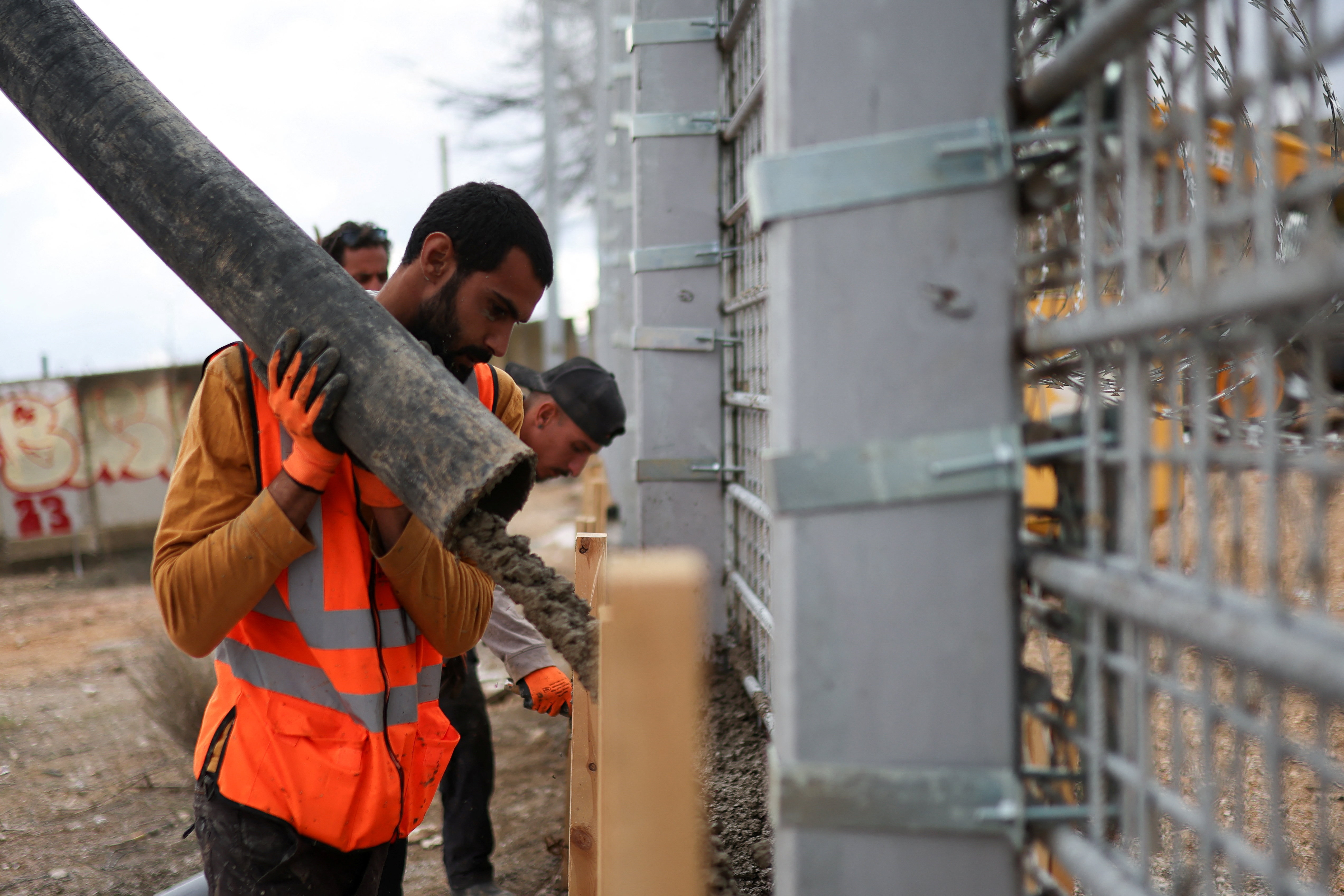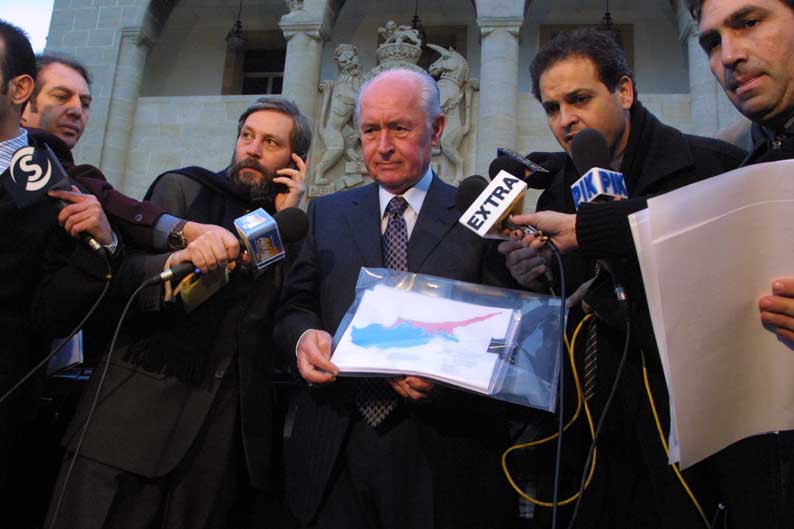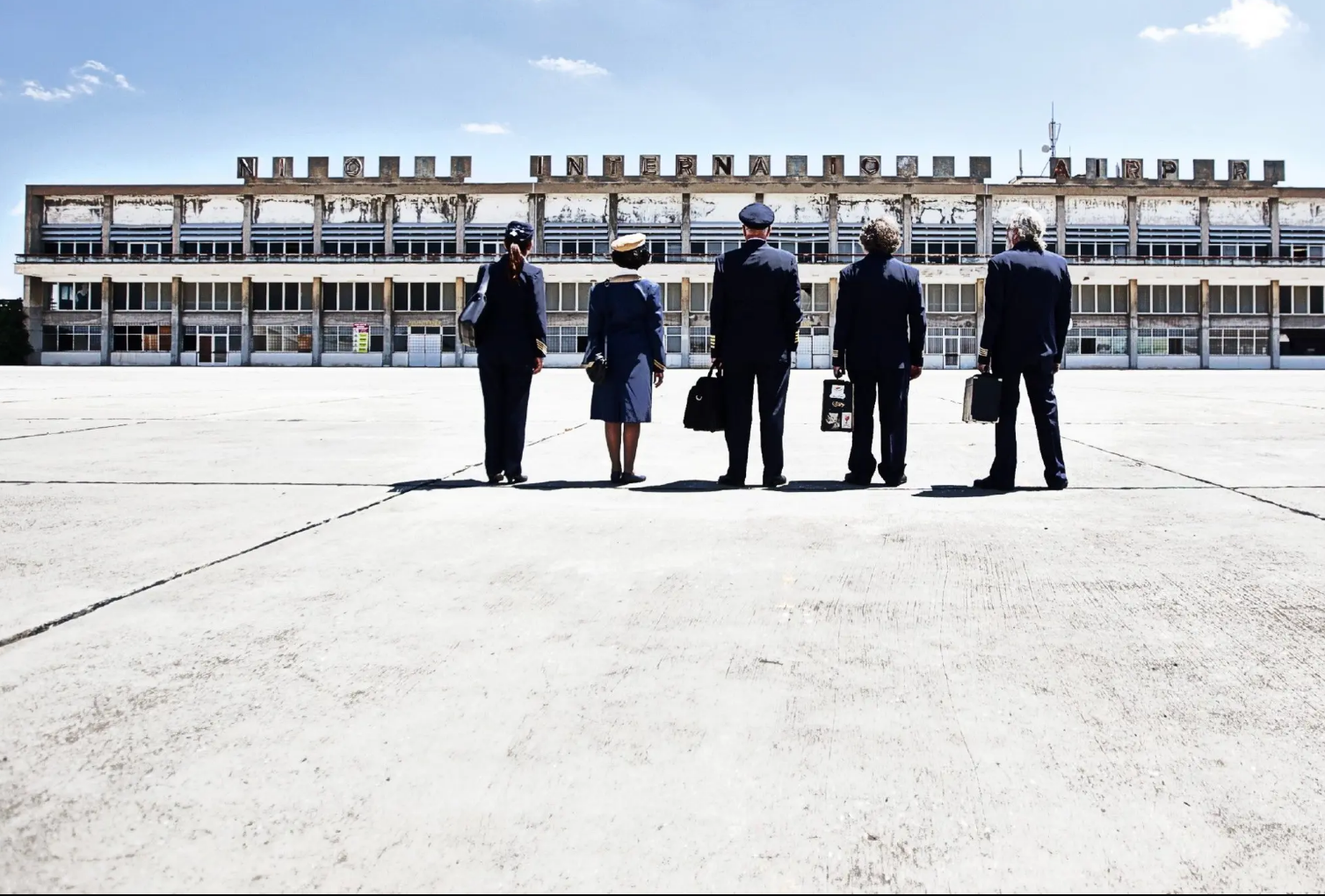THE WAY THINGS ARE
Les Manison’s article last Sunday had sound financial advice. How marvellous if his suggestions could be applied locally, resulting in a fair and equally supported population.
Sadly, we non-wealthy foreigners, who have lived many years among Cypriots, married them, brought up children as Cypriots, made valued friends of them know, as native-born, vulnerable Cypriots, those on mean, low pensions or benefits do, that kind of change most likely will not happen.
The ingrained practice here, as in other countries, of enriching certain levels of society appears to have no intention of changing. Unfair distribution of wealth in healthy economies often serves only a select few.
Some of a country’s financial base comes from its legal tax-paying working people whose earnings are recorded monthly and contributions deducted. Some wealthier elements use loopholes to avoid taxation.
Is Greece’s 13-hour day merely imposing more misery on the tired, lives of low-paid workers, some of whom will be forced into it for little reward or improvement in living standards. As a widow with young dependents, grabbing any overtime I could, a paycheck at the month’s end was much lower than I expected.
The accountant told me, ‘Only work your normal hours, over that your earnings go mostly to the government.’
I first read of Greece’s, supposedly voluntary, 13-hour day in an Irish newsfeed. Ireland too, with its never forgotten Famine, has failed to tackle evident child poverty, in spite of rising accumulated wealth.
We Irish are very proud of our non-aligned status, aid contributions, our upfront stand on human rights, Gaza, yet governments have dithered over using US gained tax wealth to improve the lives and housing of poor people.
Governments in Ireland and Cyprus, both of which have suffered devastating economic crashes, are understandably cautious in spending large amounts of money. However, in both countries, money has been wasted on projects that could have been better spent on societal improvements.
At 30, a college graduate in a well-known company who loves her work is only paid €7 an hour, she could not manage without her family’s assistance. A Filipino cleaner I know says her ‘good family’ give her €8 an hour.
That may be the problem: governments know families can be depended on to help out. We are lucky with a health service, but living costs rise for everybody, not only those with unions that gain them regular rises in pay, pensions, or benefits.
Irish pensioners have a fair deal, low pensions and benefits here are mean, saving insignificant amounts of government cash while tax evaders get rich.
The rent situation is catastrophic for poor people told to leave houses they have lived in for long periods under reasonable rents to make way for ‘relations’ or property development. One such threatened pensioner friend was shocked to find how rents for old houses in his area, have risen. ‘They want stupid rents for really old houses, they’re all greedy. My pension won’t stretch to that.’
Who, in the speechifying world of politics, cares? In primary school, we were encouraged to put pennies in a tin for starving babies in Africa. Areas of Africa desperately need help.
Cyprus is now speaking of aid for Africa, a worthy charity gesture but, charity also begins at home.
Recently, extremist parties have gained entrance into international mainstream politics, and recent polls (and elections) show that long established parties are now losing a wedge of their base support, mainly because of clinging attitudes of favouritism, or global expediencies that ignore the demonstrated public opinion of voters.
Ireland’s Nobel poet Seamus Heaney wrote, ‘At their inauguration, public leaders must swear to uphold unwritten law and weep to atone for their presumption to hold office – ‘Defunct now, the presumption that leaders work for all the people as they usually say. Failure to do so has proven otherwise.







Click here to change your cookie preferences